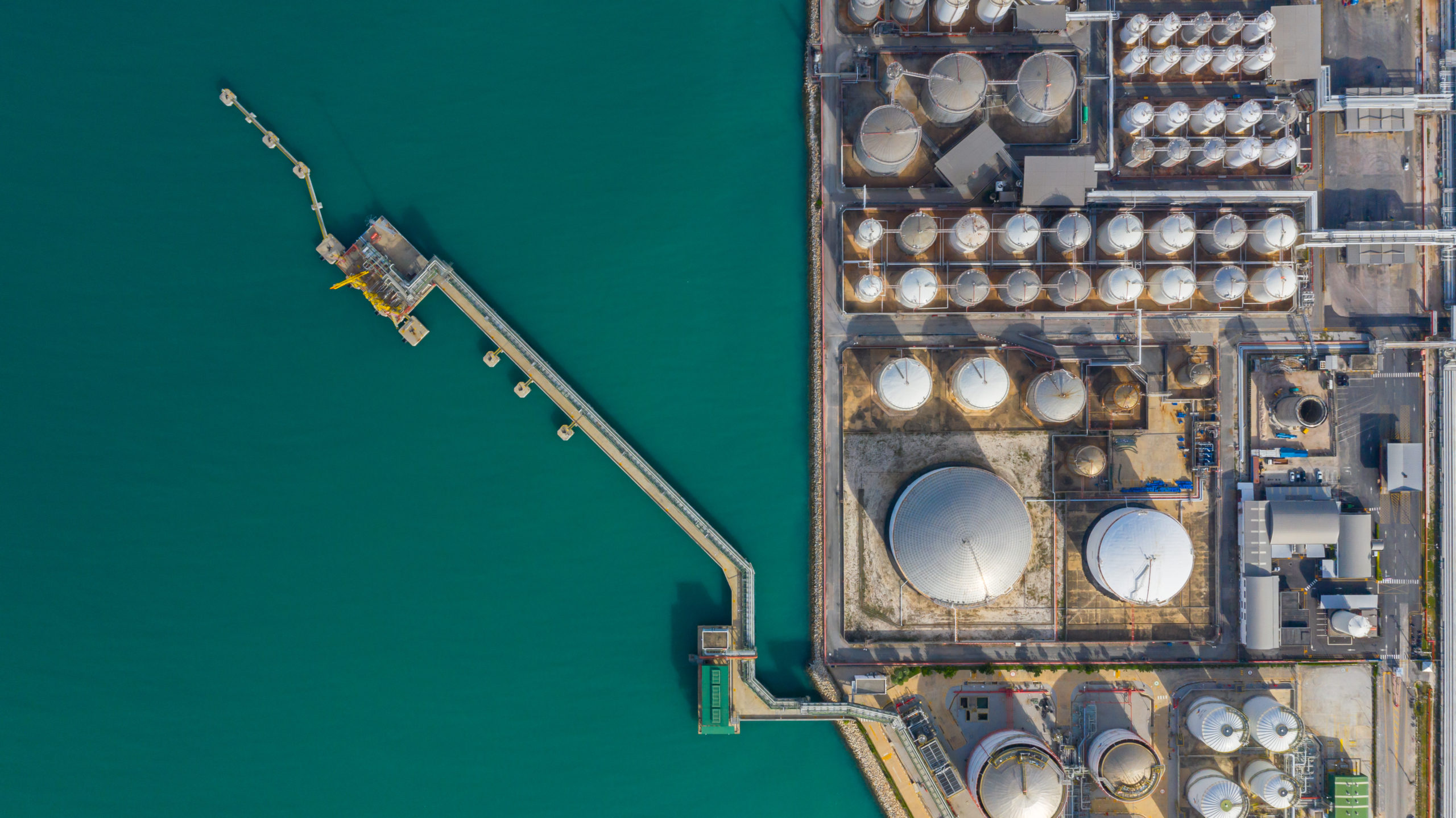
February 14, 2021
Acrylates and Oxo-Alcohol will be chiefly produced within the facility.
Two Roll-on/Roll-off vessels will be instrumental in transporting heavy vehicles, decongesting road traffic.
Vigyan Sagar will be transformed into a knowledge hub on the Cochin Shipyard Campus.
An upcoming petrochemical project and the development of the South Coal Berth of the Cochin Port Trust are on the anvil.

The Kochi Refinery based in Kerala will now have a new Propylene Derivative Petrochemical Project (PDPP). Launched by Prime Minister Modi today, the unit is worth US$ 817mn and will facilitate the production of Acrylates and Oxo-Alcohol which are utilised extensively in the industrial, chemical, and construction sectors. The project will be equipped with two Roll-on/Roll-off vessels managed by the Inland Waterways Authority that will ferry close to twelve heavy vehicles with individual seating capacities of 30. During the launch, the Prime Minister remarked “Propylene Derivatives Petrochemical complex of Kochi Refinery, this project will help strengthen our journey towards being Atmanirbhar. A wide range of industries would gain employment opportunities. Vigyan Sagar is the new knowledge campus of the Cochin Shipyard. Through this, we are expanding our human resource development capital.”
The South Coal Berth of the Cochin Port Trust is to also be developed in order to expand the nation’s investment in the blue economy. Prior to the launch of the Propylene Derivative Petrochemical Project, the Government of Kerala announced the development of a Petrochemical facility in Kochi. The project will look to develop 481.79 acres to house multiple businesses, 17 of which have already applied for space within the facility.
With regard to the national landscape, India has close to 23 refineries with 9 of them owned by the Indian Oil Corporation and three by private entities including Reliance. As of 2019, the aforementioned contributed to a refining capacity of 5.2 mb/d. The NITI Aayog reports that India has the vision to become a key refining hub in Asia. The thinktank also recommends that the nation’s refining capacity will have to be scaled up to 667 Mt per year leading up to 2040. The methodical increase of domestic production will be crucial to ensuring this recommended capacity. Tapping into the potential of States, as is the case with Kerala, can help complement the process.